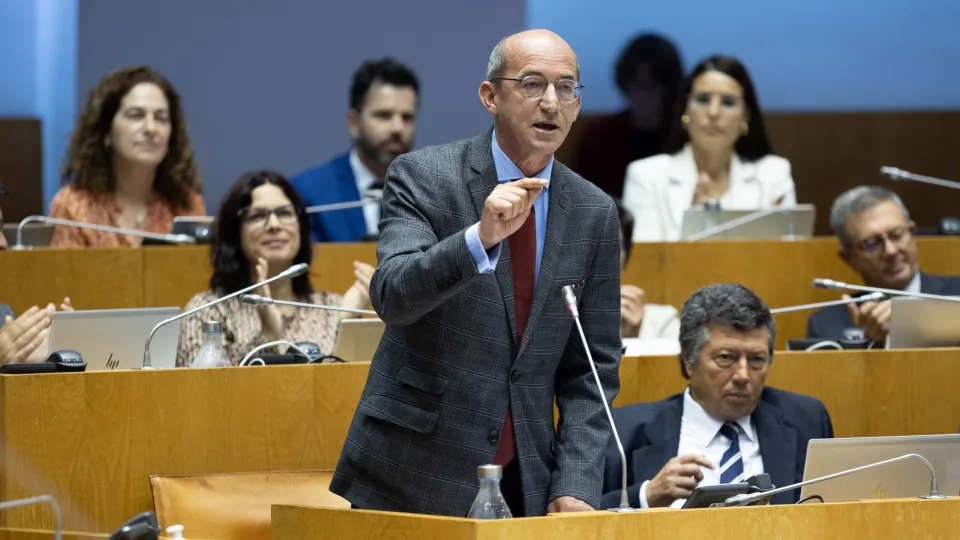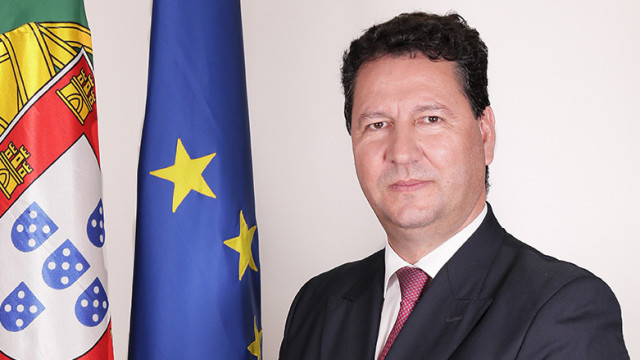
“The importance of consolidating investment policies in people, investing in our human capital, whether in private or public workers, while maintaining the tax cuts adopted at the beginning of this coalition’s governance to improve the income of families and businesses in the Azores,” emphasized João Bruto da Costa, parliamentary leader of PSD/Açores, during statements to the press.
The social-democratic Azorean deputy was speaking at the Palácio de Sant’Ana in Ponta Delgada on São Miguel island after a meeting with the president of the Regional Government (PSD/CDS-PP/PPM), José Manuel Bolieiro, related to discussions on the draft Plan and Regional Budget proposals for 2026.
Bruto da Costa stated that PSD also advocates for an analysis and improvement of the quality of public expenditure to reduce waste and, consequently, consolidate the functioning expenditure of the regional administration.
The party also underscored the necessity of prioritizing and executing the funds from the PRR and the [program] Açores 2030 as an absolute priority.
For PSD, the implementation of PRR funds, concluding next year, “must be a clear focus of the Azorean government’s governance.”
“If necessary, resorting to debt that maintains a GDP [Gross Domestic Product] ratio below 60% is acceptable because with the growth of our economy, we maintain financial stability in the region,” he admitted.
The PSD parliamentary leader also highlighted that stability is crucial “both politically and budgetarily,” ensuring that the next year “is a year of execution of the PRR and Açores 2030 funds.”
According to the social democrats, since the start of the coalition government led by José Manuel Bolieiro, political and budgetary stability “are essential.”
“And our statement from PSD is merely a reconfirmation of our understanding,” he remarked, noting that if in 2024 the Regional Budget had not been rejected, and early elections not called, the region’s path “would have been much more […] normal in terms of economic evolution and governance of the Azores.”
“Therefore, to execute these priorities in terms of PRR and Açores 2030, as well as to consolidate the tax cuts and investments in people and human capital in the Azores, political and budgetary stability are obviously essential,” he concluded.
Bruto da Costa further acknowledged that 2026 “will be a demanding year,” as the execution of PRR funds is reaching its limit, and the region must not miss the opportunity to make these investments.
The Azores Plan and Budget for 2026 will be discussed and voted on in the Regional Assembly in November.
The executive that emerged from the early legislative elections on February 4, 2024, governs the region without an absolute majority in the Azorean parliament and, therefore, requires the support of another party or parties with parliamentary representation to approve its proposals.
PSD, CDS-PP, and PPM elected 26 deputies, three short of an absolute majority. PS is the second-largest force in the archipelago, with 23 mandates, followed by Chega with five. BE, IL, and PAN each elected one regional deputy, completing the 57 elected representatives.




